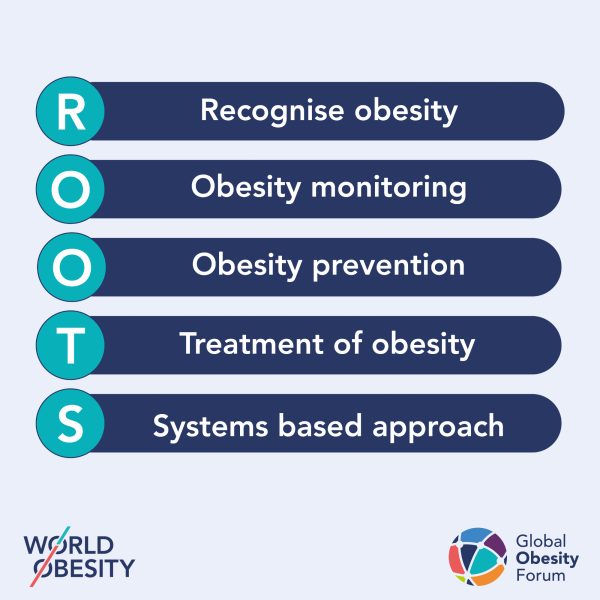World Obesity Federation’s response to WHO Discussion Paper on Obesity
Recently, the World Health Organization (WHO) consulted on draft Recommendations for the prevention and Management of Obesity over the lifecourse, including potential targets. In our capacity as a Non-State Actor in Official Relations with WHO, World Obesity had the opportunity to provide formal input via the public Consultation. Our response has been prepared collaboratively with input from over 45 members, committee members and non-state actors.
This report was developed following the approval of the Diabetes Resolution during the last World Health Assembly (WHA) with one of the recommendations requesting the Director-General to develop “recommendations to strengthen and monitor diabetes responses within national noncommunicable disease programmes, and recommendations for the prevention and management of obesity over the life course, including considering the potential development of targets in this regard.”
With our reports in 2019 and 2020 showing that no country is on track to meet the WHA NCD targets, we welcome the draft recommendations and congratulate WHO on the efforts to produce this paper. This marks an important moment where our improved understanding of the complexities and drivers of obesity are being used to develop comprehensive policy recommendations for prevention and treatment in adults and children alike.
The document highlights a number of important considerations for the prevention, treatment and management of obesity throughout the lifecourse, and steps that are needed to help support people living with obesity and countries to meet the existing targets. In particular, we welcome that the draft:
- Recognises obesity as a complex multifactorial disease
- Acknowledges the stigma and bias experienced by people living with obesity in different geographies and cultures
- Recognises the need to prevent and manage obesity throughout the lifecourse
- Makes recommendations for improving the training of healthcare providers (HCPs) in obesity management
- Makes recommendations for obesity to be included in universal health coverage (UHC) packages, and managed through multidisciplinary teams
- Recognises the need to build on existing strategies, such as ECHO and the Global Action Plan on NCDs
- Highlights the importance of regulating food environments through taxation and incentives


However, there are a number of important areas where the document could be improved to ensure that it is comprehensive and formulates meaningful recommendations that can help stimulate change. Specifically, we would urge to strengthen the following areas:
- Ensure the recognition and urgent need to address commercial determinants of health in efforts to prevent, manage and treat obesity
- Improve health services including ensuring equitable access, financing, and training of healthcare professionals
- Make recommendations to develop strong monitoring and accountability frameworks which encompass and hold accountable all actors in the obesity agenda, and ensure the necessary resources are available and accessible to all
- Ensure that the proposed recommendations are adaptable across different settings
Although the document calls for multisectoral approaches and covers a comprehensive range of actions, it lacks an overarching framework that Member States can adopt (and be held accountable towards) to help shape the implementation of national obesity plans. Following the development of the ROOTS framework with key obesity stakeholders in 2020, we strongly encourage Member States to integrate this framework and associated principles into their approach for addressing obesity, especially when developing national action plans.
Read our full response, structured around the ROOTS framework, to the WHO Public Consultation
World Obesity comments on WHO obesity recommendations
World Obesity Federation’s response to WHO Discussion Paper ‘Draft recommendations for the prevention and management of obesity over the life course, including potential targets’
Download (451.56 KB)